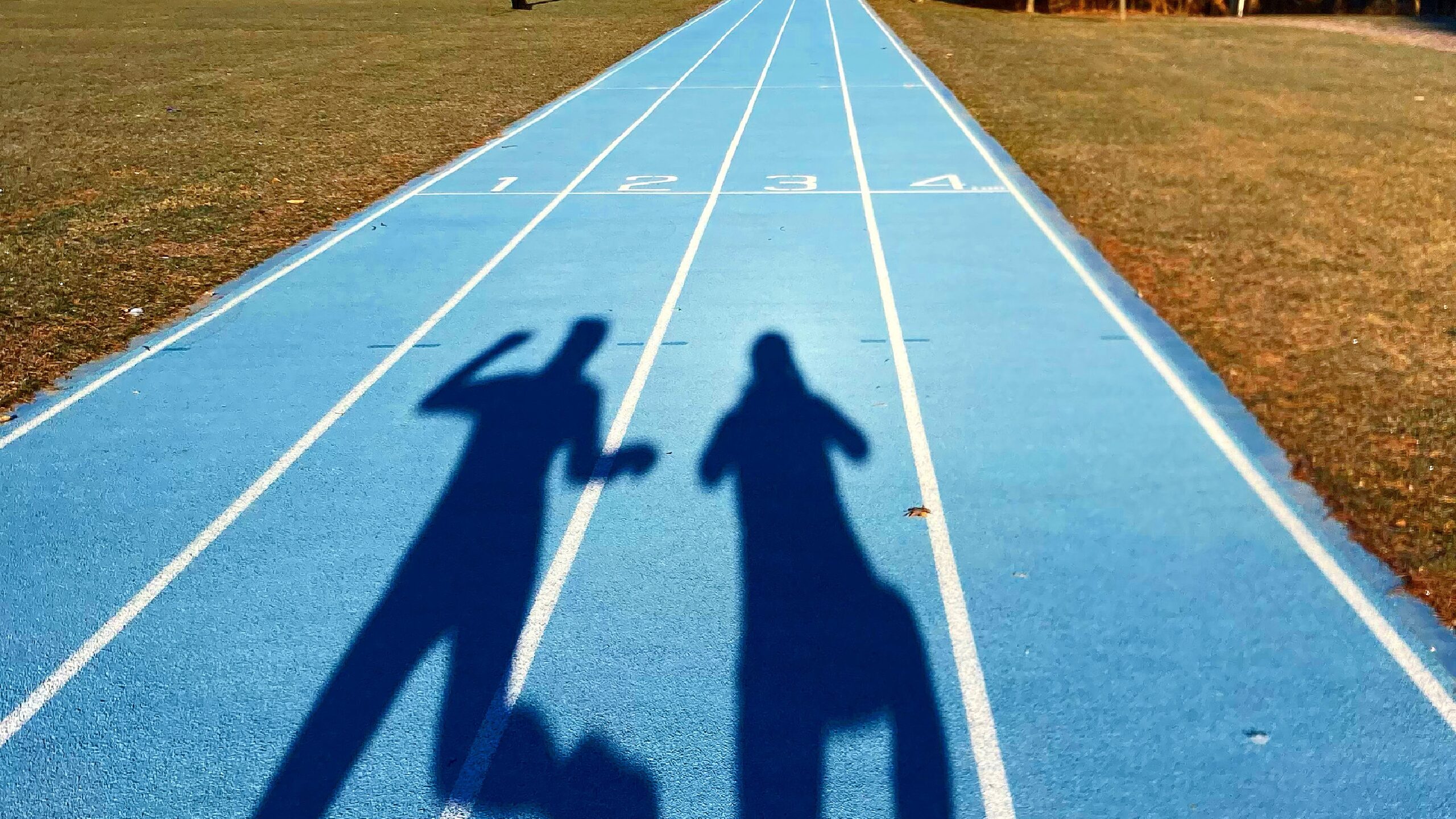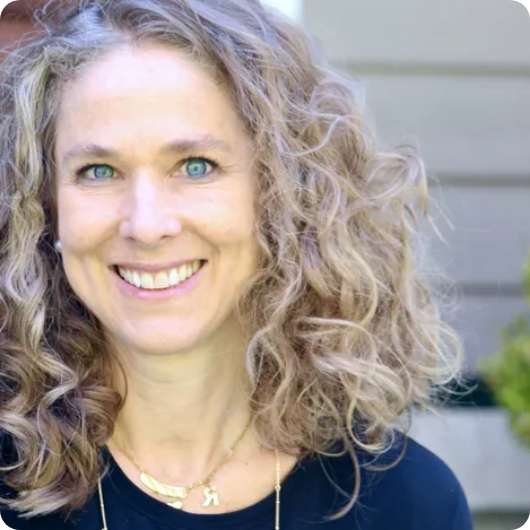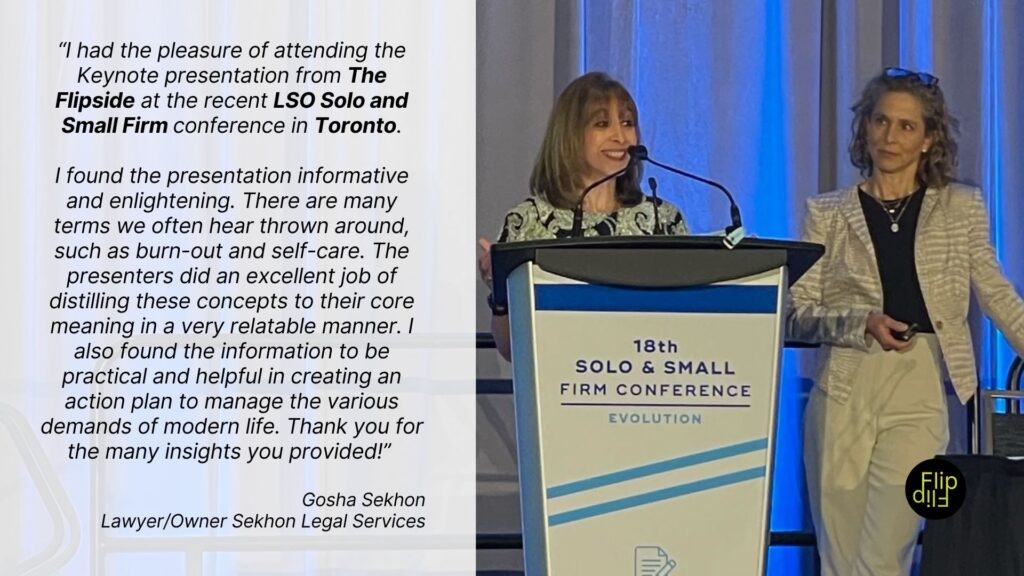Brain
2023’s Game-Changing Habits: The Six Takeaways I’m Bringing into 2024

Wondering what habits I’m carrying forward into 2024? These six lifestyle choices from 2023 have significantly impacted my mental, emotional, and physical well-being. They require effort, but they’ve proven to be pillars for my overall health and productivity.
Time: It starts with a Morning Routine.
A lesson in resilience came from Novak Djokovic’s analogy of “returning to baseline” or recovering after a challenging event. My morning routine became my anchor amidst challenging times. Last year threw me off track repeatedly. The strategy to swiftly regain ground has been my greatest takeaway. No matter how hard or disorganized my life becomes, I have a routine that, when practiced consistently (as soon as three days in a row), things come back to “baseline”. Beginning around 5 AM (though the dark mornings are always a challenge), I’ve found that 15-20 minutes of meditation, prayer, or writing, followed by an hour of exercise, a short walk outdoors and a preview of my day, notably extends my day, heightens focus, improves my mood, and efficiently manages time.
Stress: A Break on Social Media.
A personal experiment in December 2022 led me to step away from my personal IG account. Initially, the emptiness was palpable, creating moments where I was tempted to scroll mindlessly. But within a couple of weeks, I experienced a positive shift. My time became intentional, my sleep improved, and I had to intentionally seek to connect with family and friends. Social media became less of a distraction and more of a tool for intentional engagement, resulting in a clearer mind, more time to do what I love and improved focused work.
Sleep: My number is Seven.
I need to sleep: seven to eight hours is my number. I like to sleep, and I protect every aspect of my nights. That said, my schedule changed this past year, my kids are older, and their days are longer. Sports practices are later, teenage appetite requires an after-training meal, and academic expectations are higher as well, pushing the entire home schedule off for more than an hour. As one of my elder sisters says: “When you have children, once you have mastered a routine, it’s time to change it again.” Voila, I had to adjust, and usually, sleep is the first affected in this adaptation.
Protecting my morning routine and tweaking my sleep schedule became paramount, but they were competing. Finally (by October) I focused on sleep rather than just my waking time. I pushed my morning alarm 45 min later and adjusted my morning activities. Once I aligned my day with my sleep needs, managing daily tasks and activities became smoother (not perfect).
Food: Two (hearty) Meals a Day.
Shifting back to a home office allowed me to reset my eating patterns. I discovered that my body functions optimally with two meals a day. Delaying breakfast until I feel hungry, usually around 10 or 11 AM, and crafting a hearty meal with greens, veggies, and protein set the tone for the day.
My body and mostly my joints, bowel, and digestion, work best with two meals a day. Is it fasting? Maybe so, or just allowing my system to fully reset for 14 hours between evening and morning meals. It also works better from an energy perspective when that first meal includes greens, veggies and protein (a typical breakfast might be a mix of cilantro, parsley, arugula and/or basil, tomatoes, avocado, beets, hemp or pumpkin seeds, eggs, lentils or sardines and roasted sweet potatoes).
One of the greatest things about changing eating habits and food choices is that results are felt almost immediately (in a week, usually). At first, these changes are extremely challenging, mostly if they include letting go of processed foods or sugar, or in my case bread or non-dairy milk in my coffee. But, if you want to make a change to improve your health, and manage metabolism and overall well-being, food is a great starting point. It will be hard for a week, and then your body will be grateful, thus your mind will forget about “that which was needed”.
Motion: Focus on Muscles.
Last year started for me with a couple of broken ribs. Yes, down the stairs I went with my purse in one hand and a cup of coffee (which did not break) on the other. This meant, no running until April and three mornings a week open to be redesigned.
At first, I replaced running time with walking but slowly introduced a home workout which included some weights. By April, my body was ready to run, my muscles were stronger regardless of the ribs and my resistance training had become a habit.
Muscle, as many specialists refer to it, is an organ, hence an active participant in metabolic health and regulation. Refocusing my training on muscle building and resistance training has improved my overall health and my running. If you want to manage your weight and improve your metabolic health, focus on building muscle (you will not become a body builder), and take away the spotlight from increasing cardio or counting calories.
Brain: Use thy Eyes.
I was born with very little vision in one of my eyes. I knew about it as a child but considered it was “normal” since we write with one hand, kick the ball with one foot and usually, breathe better with one nostril. Child logic, right? At nine years old, after getting hit on my “good eye”, the world (i.e. my family) discovered I had an eye malformation, limiting my sight (and finally everyone understood why I was so bad at tennis).
Since then, I have been very aware of my eyes and vision. This year, I discovered through Dr. Andrew Huberman, that the eyes (everyone’s, not only mine) are brain matter that evolutionarily protruded through the skull, and since they are brain matter, the eyes allow direct access to your brain and nervous system. Isn’t this amazing? Even for blind people (and this was important for me), the eyes can perceive sunlight and light frequency to regulate the circadian rhythm (wake-sleep cycle) and other body functions.
The eyes have the power to regulate stress hormones. Being engaged in narrow vision for many hours throughout the day (screens of all types, including TV) increases the levels of cortisol, sending the message of alertness to the brain, whereas taking a walk without a device looking at the horizon (panoramic vision), releases the brain from stress. No need to be alert.
Throughout the year I have been using my eyes as a source for brain regulation, and mental and emotional management. Intentionally, I disengage from electronics one hour before sleep time, take breaks when working for long hours with the computer, try to listen to more podcasts while walking in nature, and try to stay away from my cell phone as much as possible.
Wondering about the year ahead?
These habits have been my go-to pals through the rollercoaster ride of 2023. They’ve been the secret sauce behind my sanity, productivity, and overall well-being. Sure, they demand effort, but boy, have they paid off!
From my trusty morning routine to managing my time on social media, these tweaks have made a world of difference. Managing to snag seven hours of sleep, crafting my two hearty meals a day, getting my muscles to flex, and even giving my eyes a starring role in my brain’s health — all these have been my reliable tools.
So, here’s to carrying this toolkit into 2024, like a group of loyal friends who keep me grounded, focused, and ready to take on whatever the new year brings!
Cheers,
Rosana





